Coming to realize you may have an addiction can be overwhelming.
You want to figure out what to do, but it can be very scary taking those first steps towards recovery.
You need to talk to someone about your problem, but you are not sure where to turn.
Sexual addiction is defined by the International Institute for Trauma & Addiction Professionals as "any sexually-related compulsive behavior which interferes with normal living and causes severe stress on family, friends, loved ones, and one’s work environment."
Just like an alcoholic who cannot control their drinking, those struggling with sex or pornography addiction continue their self-destructive sexual behavior despite negative consequences.
To be clear, we are not anti-sex. We think sex is a very good thing when it aligns with your faith or personal belief system. World renowned couples' therapist, Sue Johnson, writes in her book Love Sense, "Hot sex doesn’t lead to secure love; rather, secure attachment leads to hot sex—and also to love that lasts.” A healthy sexual relationship is an important element of emotional bonding and the attachment process.
Signs of sexual addiction (Carnes, 2010):
Acting out: a pattern of out-of-control sexual behavior.
Experiencing severe consequences due to sexual behavior and an inability to stop despite these adverse consequences.
Persistent pursuit of self-destructive behavior.
Ongoing desire or effort to limit sexual behavior.
Sexual obsession and fantasy as a primary coping strategy.
Regularly increasing the amount of sexual experience because the current level of activity is no longer sufficiently satisfying.
Severe mood changes related to sexual activity.
Inordinate amounts of time spent obtaining sex, being sexual, and recovering from sexual experiences.
Neglect of important social, occupational, or recreational activities because
The following Summit Family Therapy staff have specialty training in sex and love addiction recovery:

